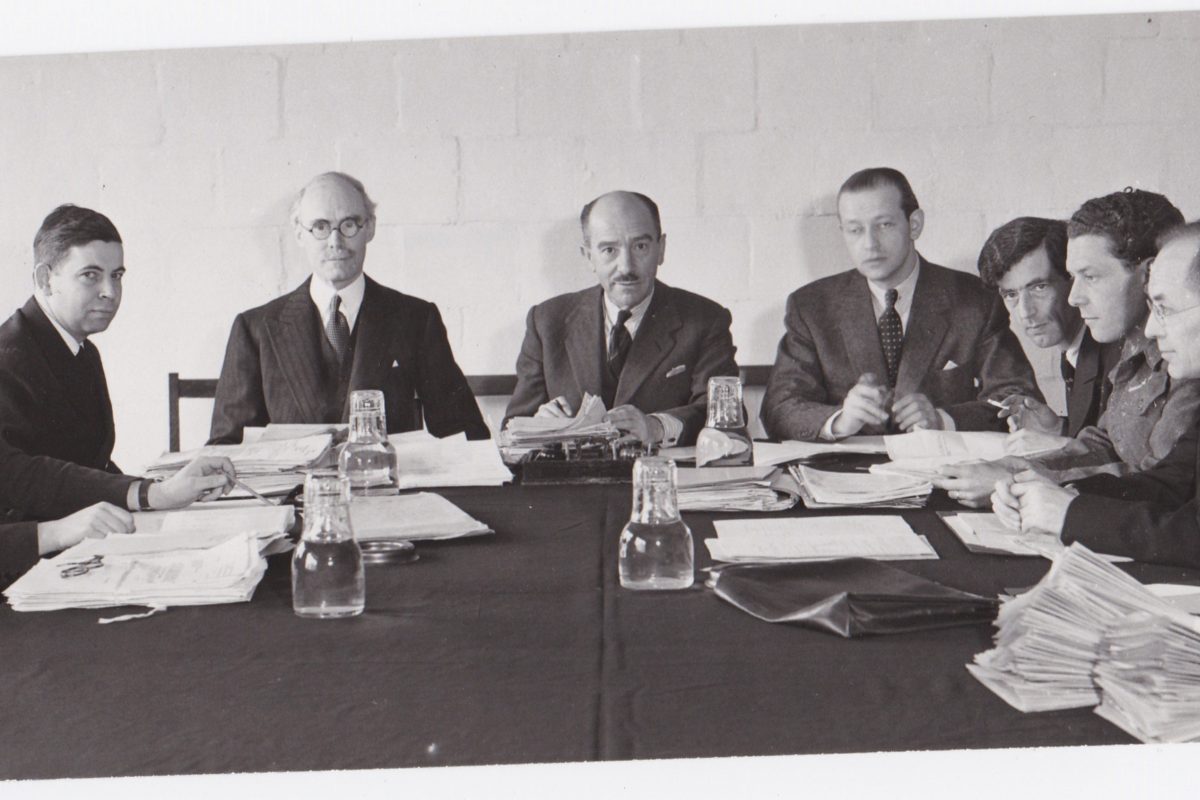Alle Symposia anzeigen
Transnational biographies and “legal flows”
02.10.2020
Mehr lesen
A melody for legal reform?
01.10.2020
Mehr lesen
A (time) travelling concept
28.09.2020
Mehr lesen
Civilizing wartime violence?
24.09.2020
Mehr lesen
A matter of evolution, not invention
23.09.2020
Mehr lesen
Symposium introduction: crimes against humanity
22.09.2020
Mehr lesen
